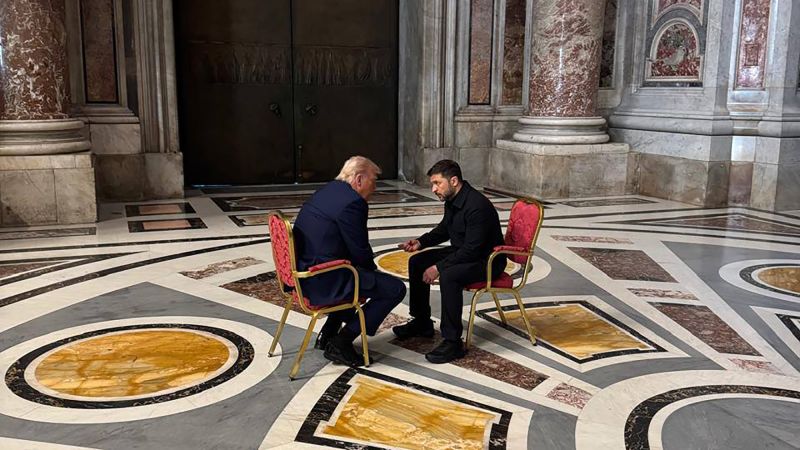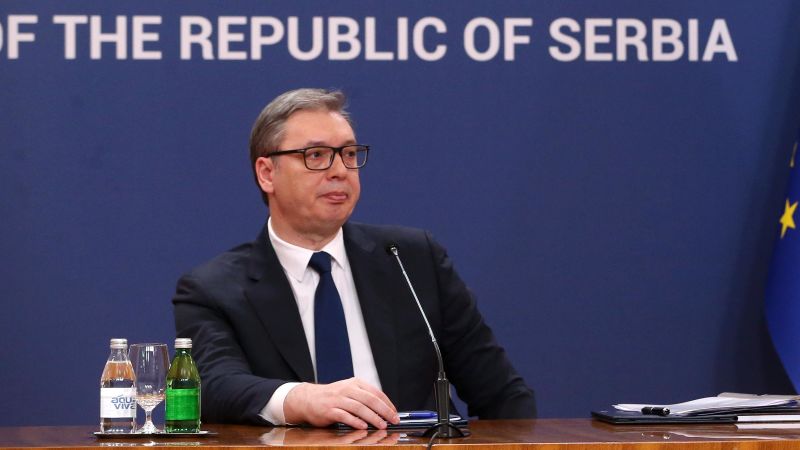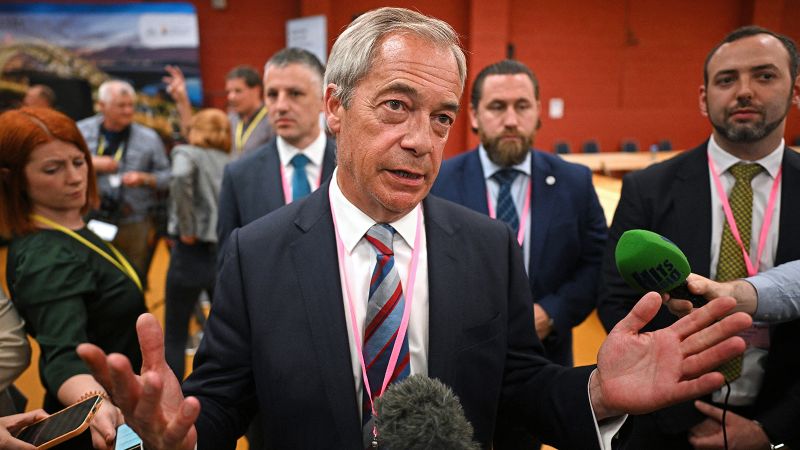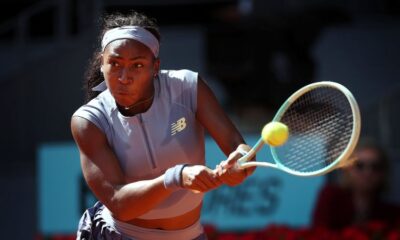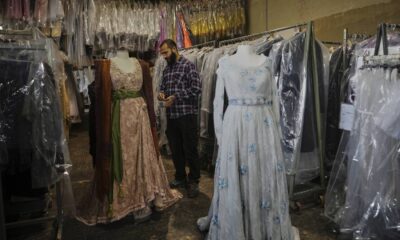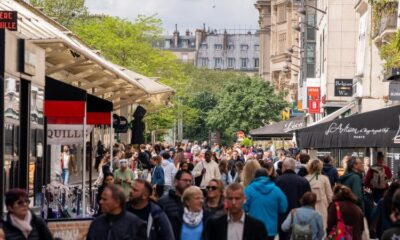London
CNN
—
Britain’s Prince Harry has revealed that his father, King Charles, no longer speaks to him and that he cannot imagine bringing his family back to the UK after losing a court case over his security arrangements on Friday.
In an explosive interview with the BBC after the court ruling, where at times he was visibly emotional, Harry described being “devastated” at the decision, which he said made it “impossible” for him to return to the UK with his wife Meghan and his two young children.
But he said that he would “love” to repair the rift with his family, which he said had broken down over the security issue. The king “won’t speak to me because of this security stuff,” he said.
The British government downgraded Harry’s security in 2020 after he and Meghan stepped down as senior royals. “When that decision happened, I couldn’t believe it. I actually couldn’t believe it,” he said. “I thought, with all the disagreements and all of the chaos that’s happening, the one thing that I could rely on is my family keeping me safe.”
Harry spoke with the BBC in California, where he has been living with Meghan and their children, Prince Archie and Princess Lilibet, since relocating to the United States in 2020.
Interviews like this are not common for the royal family, though Harry and his wife made headlines in 2021 after speaking to Oprah Winfrey, with Meghan sharing that life as a working royal made her contemplate suicide. In the interview, the couple also alleged that there were “concerns” from the royal family during her pregnancy about how dark their unborn baby Archie’s skin would be.
The case the Duke of Sussex lost on Friday was deeply personal to him. He had previously expressed how important it is to ensure his family has security when they visit the UK.
“The only thing I’ve been asking for throughout this whole process is safety,” Harry said in his interview Friday, calling the situation a “good old-fashioned establishment stitch up.”
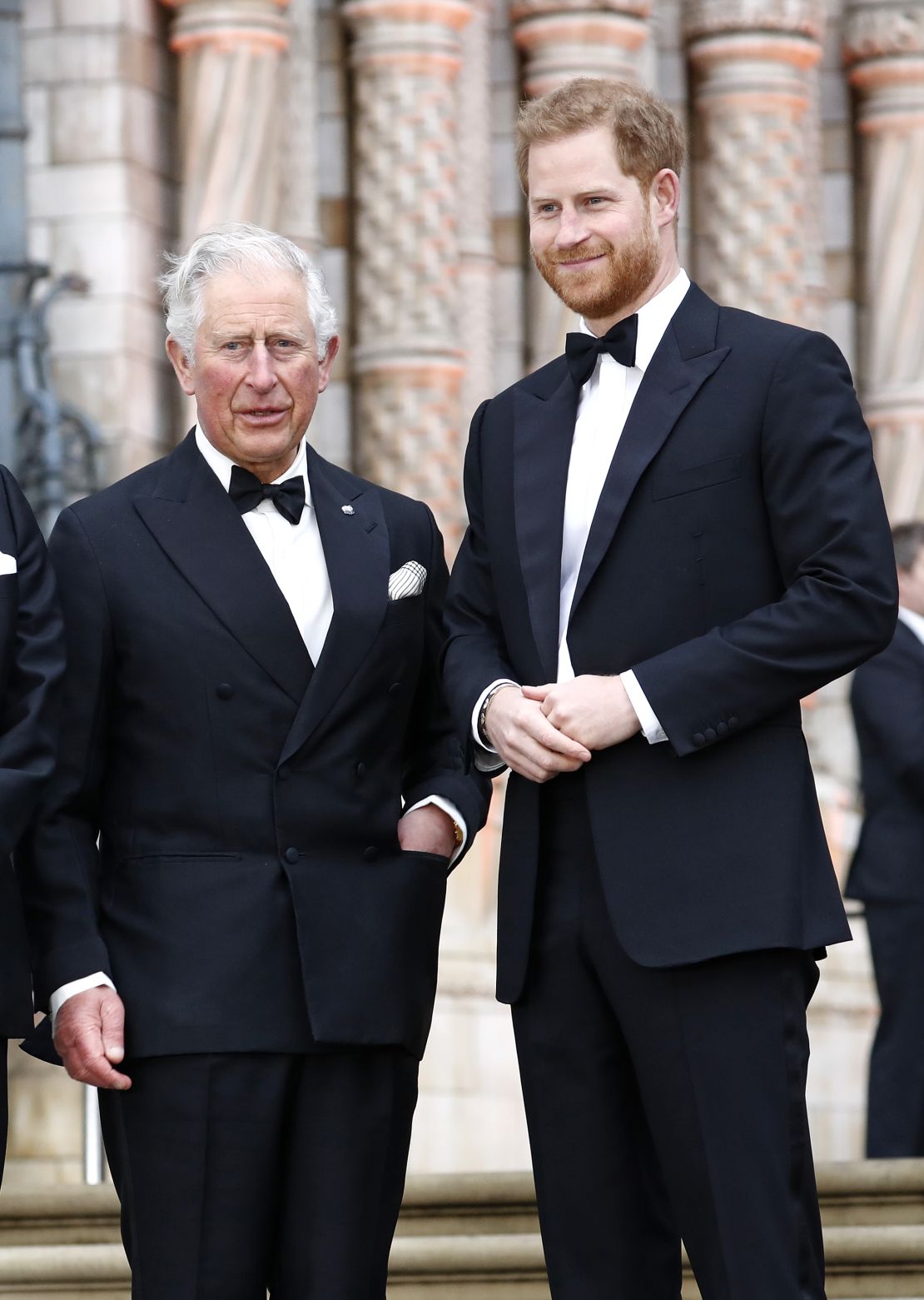
For the duke, there has been a sense of not wanting history to repeat itself, and he has frequently drawn comparisons between the treatment of his wife to that faced by his mother, Diana. The late Princess of Wales died in 1997 after suffering internal injuries resulting from a high-speed car crash in Paris, while being pursued by paparazzi.
Harry said it was currently “impossible” to bring his family to his home country. “I can’t see a world in which I’d be bringing my wife and children back to the UK at this point,” he said.
The Duke of Sussex also discussed the years-long rift between him and the royal family, sharing that there have been “so many disagreements” between him and some of his family members, but that the situation surrounding his police protection is the “sticking point.”
“It is the only thing that’s left,” he said. “Of course, some members of my family will never forgive me for writing a book. Of course, they will never forgive me for lots of things. But, you know … I would love reconciliation with my family. There’s no point in continuing to fight anymore.”
The publication of Harry’s book “Spare” in 2023 ripped open old wounds in the family after he shared scathing and intimate details about his experience as a royal.
Later that year, the duke appeared briefly at the coronation of his father, sitting with his uncle Prince Andrew in the third row of the service. Both are non-working royals and did not perform any duties during the ceremony.
On Friday, Harry said that, despite their fractious relationship, he would like to make amends with the king, who last year was diagnosed with an undisclosed form of cancer.
“I don’t know how much longer my father has,” he added. “He won’t speak to me because of this security stuff, but it would be nice to reconcile.”
A spokesperson for Buckingham Palace told CNN on Friday that all of the issues Harry raised in the interview were “examined repeatedly and meticulously by the courts, with the same conclusion reached on each occasion.”
This story has been updated with developments.

